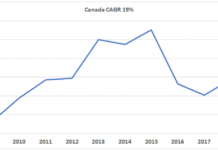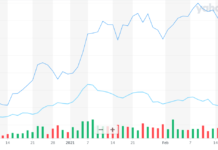Last night, a recent finance graduate introduced himself to me, telling me he had attended my presentation at the Colorado Renewable Energy Society on July 24th. (the whole presentation is available after the link, scroll down to Jul 24.) He said he wasn’t invested in clean energy because "Investing is about making money… there’s nothing moral about it."
I’m sure I was quite sarcastic when I replied, "That sounds like a finance major."
I believe that finance and economics, as they are currently taught, make people less moral. I’m not talking about God. I’m personally agnostic with tendencies towards atheism… for me, morality and religion need not be linked. Morals, as I define them (and I’m no philosopher), are all our reasons for action which are not purely self-interested. With this definition, amorality is pure self-interest.
How Economics Teaches Us to be Amoral
Classical economics assumes that people are self-interested utility maximizers. In essence, Classical Economics is utilitarian and contains the implicit belief that the collective greatest good for society is achieved when each individual pursues his own personal utility. This tendency for students of Economics to be more selfish has been shown in multiple studies and widely commented on, although not everyone agrees. My conviction arises from my own experience. I remember feeling in college that the economics classes I was taking helped to justify amoral behavior. This is an attitude I have since come to reject.
While the thesis that everyone pursuing their own self interest would likely lead to the optimal societal result in an efficient market, efficient markets were always a gross oversimplification. The existence of market externalities and non-monetary market barriers in virtually every aspect of life make the case for pure utilitarianism very weak.
Despite popular belief, there is no contradiction to being both a successful investor and strongly devoted to the common good. Examples abound, from the late John Templeton to George Soros and even Warren Buffett. Each of these investors have markedly different morals, but without a moral compass, life, and money, both lack meaning. This is probably why so many wealthy individuals end up giving away a large portion of their fortunes at the ends of their lives.
Investing Should be Moral
The statement that investing should be moral is in a sense a tautology. The verb "should" always implies a moral judgment, be that moral pure utilitarianism, inspired by a higher power, or simply a judgment of what would lead to the greatest good based on some other moral principle. We’re all moral creatures, and even a pure utilitarian would not invest in a factory which would spew pollution into his own back yard. In other words, maximizing our wealth is not the same thing as pursuing our own self interest.
If we cannot accept pure wealth maximization as the goal of investing, we must choose another goal to pursue. What do you choose?
Tom Konrad








